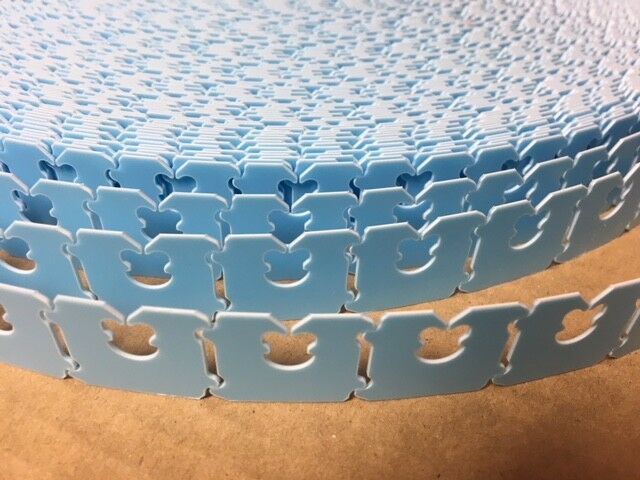-40%
20 Lbs Pulverized Leonardite 70% Humic Acid Organic Oxidized Lignite Fertilizer
$ 23.76
- Description
- Size Guide
Description
LeonarditeLeonardite is a soft waxy, black or brown, shiny, vitreous mineraloid that is easily soluble in alkaline solutions. It is an oxidation product of lignite, associated with near-surface mining. It is a rich source of humic acid and is used as a soil conditioner, as a stabilizer for ion-exchange resins in water treatment, in the remediation of polluted environments and as a drilling additive. It was named after A. G. Leonard, first director of the North Dakota Geological Survey, in recognition of his work on these deposits
*This is a sale for 20 pounds of pulverized leonardite.*
When your soil becomes depleted, your crops suffer. They become weaker and it’s an open invitation for pests to come in and devour all the hard work you’ve put into them. Adding Humates is the most efficient way to increase the humus content of soil, as it is highly concentrated and much easier to apply than any other form of humic matter. Humates are highly concentrated, natural organic humus, formed through the biological breakdown of plant life over millions of years. Also, since humates are completely decomposed, they enter into no nutritional competition with plants for nutrients such as nitrogen (not the case with incompletely decomposed compost).
Pulverized leonardite powder is a biochemically active concentrated source of humic acids containing 70% humic acid (by weight).
Naturally-occurring, unaltered oxidized lignite is pulverized Test results show no lead or cadmium.
Benefits of Humates:
Increased Crop Yields
-- Improves root development, total leaf area and total crop yields per acre.
Increased Root Growth
-- Root system vigor increases the nutrient uptake capability of plants, the plant's ability to combat disease, and plants are better able to find and absorb water with a broad based root system.
Increased Chlorophyll Content
-- Increases the chlorophyll content in plants, and can prevent or correct chlorosis.
Increased Nutrient Uptake
-- Consistently improves the uptake of nutrients such as nitrogen, phosphorus, and iron, as well as innumerable trace elements essential for plant health.
Improved Plant Quality
-- Humates can improve the quality of fruit, vegetables, and flowers by improving their physical appearance, and in the case of food crops, their nutritional value. Cereal crops have shown more balanced amino acid content, and higher protein content. All of this can enhance their worth in the marketplace.
Enhanced Natural Defenses
-- Many toxins are inhibited or neutralized directly by bonding interactions with humic acids. Healthy plants which receive all of their required nutrients are better able to combat disease and pests.
Improved Soil Structure
-- Humus combines with clay minerals to form structural units called aggregates which help to stabilize the soil and increase its permeability to water and gaseous exchanges. The use of humates can prevent soil cracking, which exposes roots to the air and can cause crops to burn in severe heat conditions and improves overall soil structure to help defend against erosion.
Improved Water Retention
-- Humates can hold up to 20 times their weight in water. By enhancing the soil's ability to retain water, humate usage can reduce the need for crop irrigation. This can be especially helpful with sandy soils, and contributes a large measure of drought resistance to crops.
Differing Soil pH
--Humates create an environment where plants are able to grow healthy in a wider pH range.
shipping is free to all us states.









